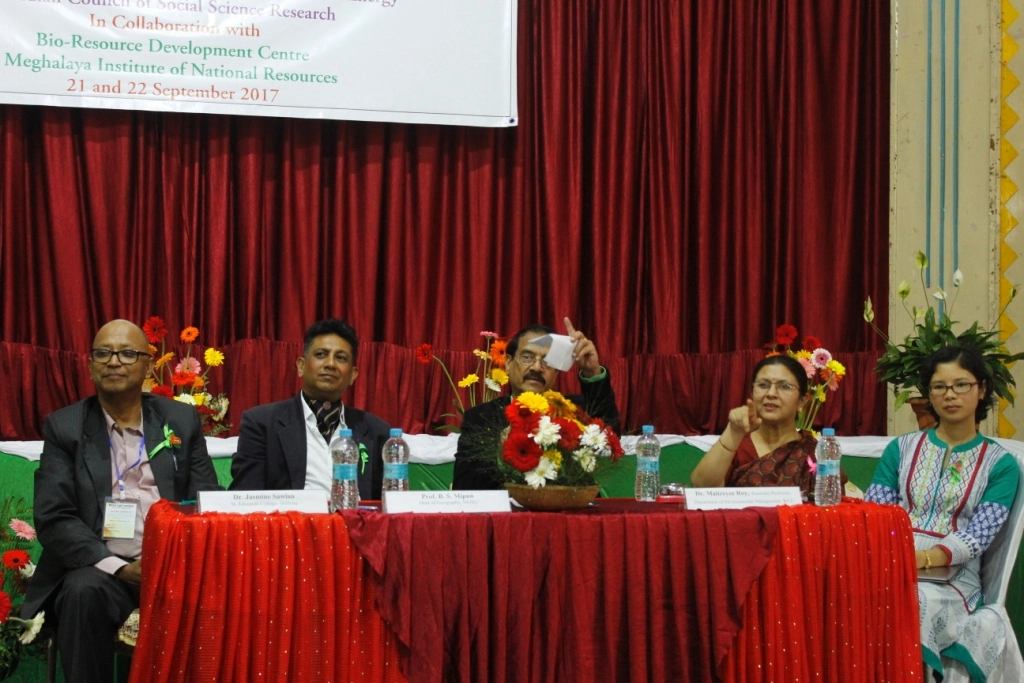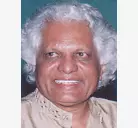Our Vision
William Carey University is a unique institution committed primarily to higher education where the academy integrates with the socio-economic and environmental realities in order to bring about the total transformation of people and their contexts. The university will bring together social, economic, environmental, cultural and academic activities in order to facilitate holistic growth for the community as well as to become a strategic institution.
An innovative range of study programs and research will be conducted within the unique context of the hill regions of NE India, where indigenous culture and the natural environment will be sustained alongside socio-economic development. Food, water, and energy will be the focus and partners from all over the world will participate with WCU.
William Carey University will soon emerge as a unique institution where the academy integrates with the socio-economic and environmental realities. Our vision is to the see total transformation of people and their contexts.





